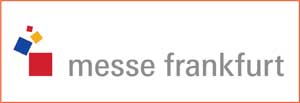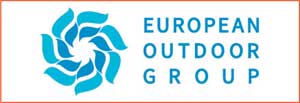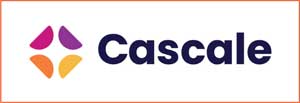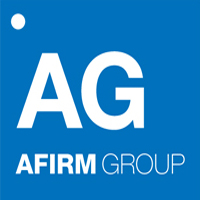 AFIRM
AFIRM
The AFIRM (the Apparel & Footwear International RSL Management Working Group) provides resources for sustainable, self-governing RSL implementation across the...
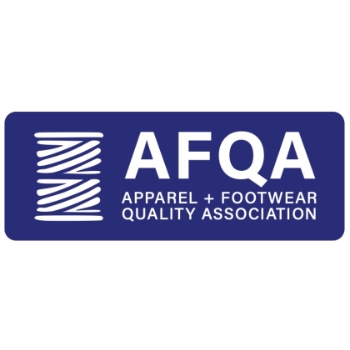 AFQA
AFQA
The Apparel and Footwear Quality Association (AFQA) is a new collaborative forum of apparel and footwear companies that aims to improve physical textile testing to...
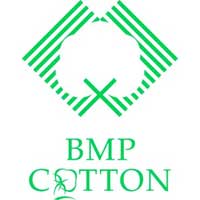 Australian BMP Cotton
Australian BMP Cotton
BMP is the Australian cotton industry’s best practise guidelines for growing cotton in harmony with the environment using an audited process with fully traceable supply chains.
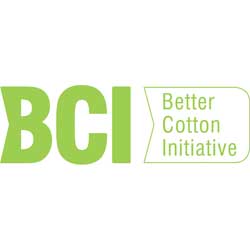 Better Cotton Initiative
Better Cotton Initiative
The Better Cotton Initiative (BCI) is a holistic approach to sustainable cotton production, which covers environmental, social and economic issues. It’s designed to...
 Bilan Carbone
Bilan Carbone
Bilan Carbone is a methodology developed by the French Agency for Environment and Energy Control (ADEME). It is a useful tool for organisations (company, community or...
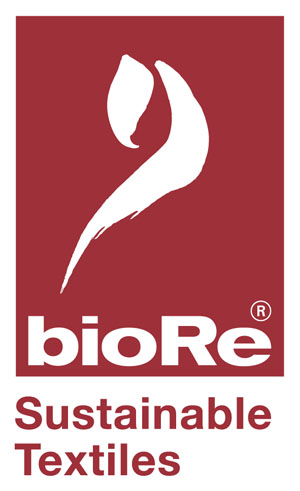 bioRe
bioRe
Updated in 2019, the bioRe label is operated by Swiss-based Remei Foundation, which defines the standards for bioRe Sustainable Cotton and subsequent bioRe Sustainable...
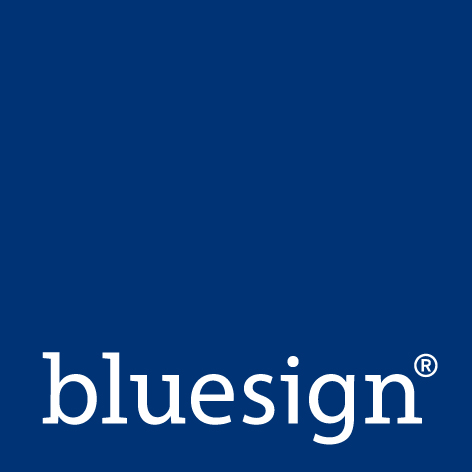 Bluesign Technologies
Bluesign Technologies
Focusing on consumer safety and the environment, the Swiss-based bluesign system examines natural resources and chemicals used in textile production, occupational health...
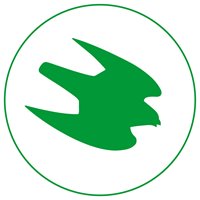 Bra Miljöval
Bra Miljöval
The Bra Miljöval standard was developed by the Swedish Society for Nature Conservation (SSNC) and translates as ‘Good Environmental Choice’ in English. It is...
 BREF IPPC
BREF IPPC
The reference documents on best available techniques (BREF) are a series of documents that reflect an information exchange in the European Union carried out according to...
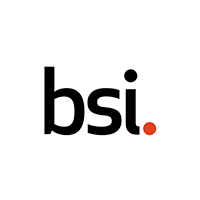 BS 8001: 2017 Circular Economy
BS 8001: 2017 Circular Economy
A framework standard from the British Standards Agency (BSI) for implementing the principles of the circular economy within organisations.
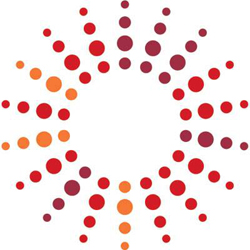 Business for Social Responsibility (BSR) – Water Quality Guidelines
Business for Social Responsibility (BSR) – Water Quality Guidelines
The Water Quality Guidelines (WQG) are voluntary goals set by the non-profit business association, Business for Social Responsibility (BSR). The goal is to improve...
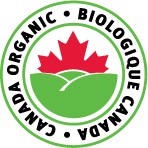 Canada Organic Regime
Canada Organic Regime
The Canada Organic Regime is a food based standard, but it’s interesting from a textiles point of view because in June 2009, an ‘equivalency agreement’ was signed...
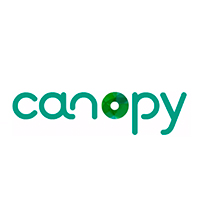 Canopy: Hot Button Ranking
Canopy: Hot Button Ranking
The Hot Button Ranking scheme, from environmental NGO CanopyStyle, provides an overview of the work undertaken by leading viscose producers to ensure that the raw...
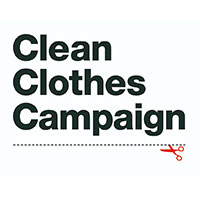 Clean Clothes Campaign
Clean Clothes Campaign
Established in 1989, Clean Clothes Campaign is a global network dedicated to improving working conditions and empowering workers in the global garment and sportswear industries.
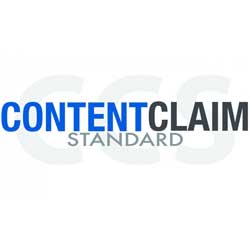 Content Claim Standard
Content Claim Standard
The Content Claim Standard is a voluntary standard that can be used to trace a material through the supply chain or used as a back-up for content claims if other...
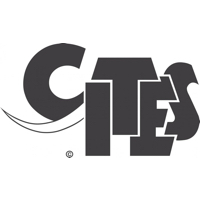 Convention on International Trade in Endangered Species of Wild Fauna and Flora (CITES)
Convention on International Trade in Endangered Species of Wild Fauna and Flora (CITES)
The Convention on International Trade in Endangered Species of Wild Fauna and Flora (CITES) is a voluntary, international agreement between participating governments. It...
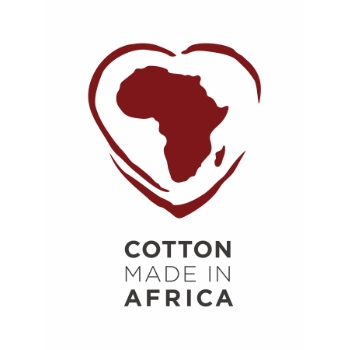 Cotton made in Africa
Cotton made in Africa
Cotton made in Africa (CmiA) is an independent standard for sustainable and traceable cotton. Through diversification, resource efficiency and innovative approaches,...
 Council Directive 98/58/EC
Council Directive 98/58/EC
Council Directive 98/58/EC of July 1998 concerns the protection of animals kept for farming purposes and applies to the European region.
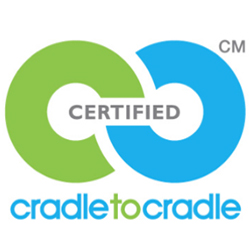 Cradle to Cradle
Cradle to Cradle
The Cradle-to-Cradle standard assesses product safety to humans and the environment, as well as product design for material reuse using a four-tier improvement system,...
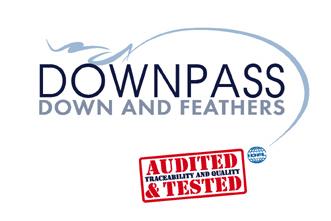 Downpass
Downpass
Launched in 2016, the goal of the Downpass standard is to contribute to the ethical sourcing of down and feathers, and to help companies to firmly anchor animal welfare...
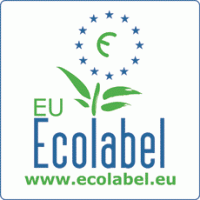 EU Ecolabel:Textiles
EU Ecolabel:Textiles
The European Ecolabel system allows the products of manufacturers, retailers or service providers to carry the distinctive ‘Flower’ label for marketing purposes...
 EU Regulation 834/2007
EU Regulation 834/2007
This regulation was developed to regulate the organic farming sector within and beyond the European Union. The use of the term ‘organic’ with the regulation...
 EU-JRC End of Waste Criteria
EU-JRC End of Waste Criteria
The European Union’s Thematic Strategy on Prevention and the Recycling of Waste is a long-term strategy which aims to help Europe become a recycling society that...
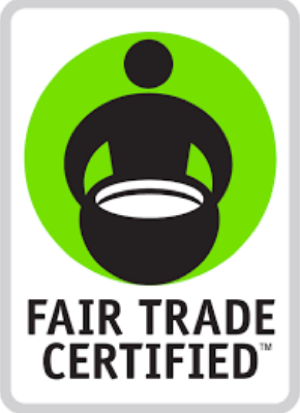 Fair Trade
Fair Trade
When a product is ‘Fair Trade Certified’ it has demonstrated that it meets rigorous social, environmental and economic standards outlined by the initiative’s...
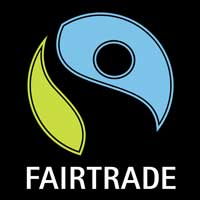 Fairtrade International
Fairtrade International
Fairtrade Labelling Organisations International (FLO), also known as Fairtrade International, is a non-profit multi-stakeholder organisation which develops and reviews...
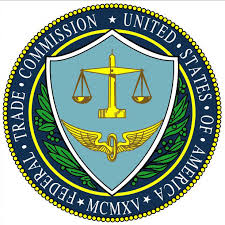 FTC Recycled Content
FTC Recycled Content
According to the FTC Recycled Content guidelines, it is deceptive to misrepresent, directly or by implication, that a product or package is made of recycled content.
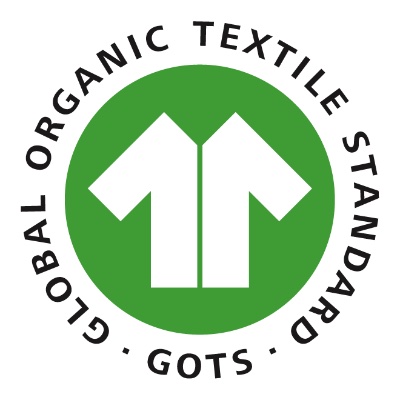 Global Organic Textile Standard (GOTS)
Global Organic Textile Standard (GOTS)
The Global Organic Textile Standard (GOTS) is an international standard for processing certified organic fibres. It encompasses stringent ecological, social, and human...
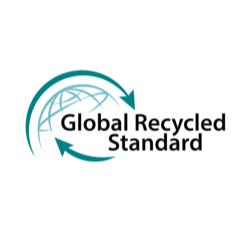 Global Recycled Standard
Global Recycled Standard
The Global Recycled Standard (GRS) addresses input material verification, chain of custody, environmental principles, social requirements, and labelling for textile...
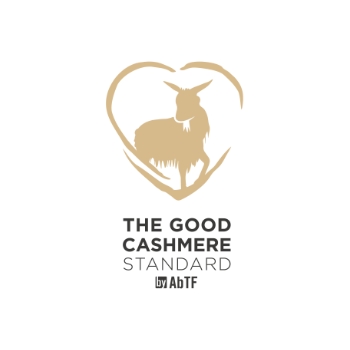 Good Cashmere Standard
Good Cashmere Standard
The Good Cashmere Standard (GCS) addresses the production and traceability of cashmere fibres with respect to the environment, supply chain transparency, the welfare of...
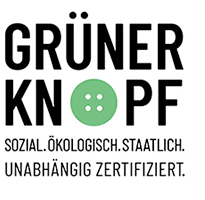 Grüner Knopf
Grüner Knopf
This standard is awarded by the German Federal Ministry for Economic Cooperation and Development (BMZ) to textile manufacturers who have passed certain social and...
 International Labour Organisation
International Labour Organisation
The International Labour Organisation (ILO) campaigns to improve rights at work, encourage decent employment opportunities, enhance social protection and strengthen...
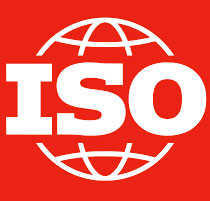 ISO: IWA 32:2019
ISO: IWA 32:2019
Published in April 2019, this ISO standard relates to the screening of genetically modified organisms (GMOs) in cotton and textiles.
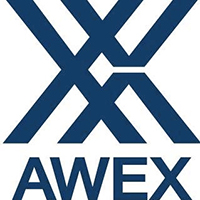 National Wool Declaration
National Wool Declaration
The National Wool Declaration (NWD) enables woolgrowers to promote their animal welfare practices (i.e. mulesing status) and the Dark and Medullated Fibre Risk (DMFR) of...
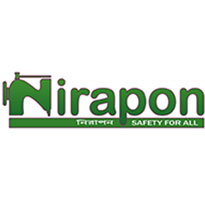 Nirapon
Nirapon
Nirapon is a self-regulatory body that provides factory building and fire safety monitoring, oversight and reporting services in Bangladesh for its members.
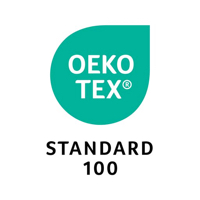 Oeko-Tex 100
Oeko-Tex 100
The Oeko-Tex Standard 100, introduced in 1992, is a global uniform testing and certification system for textile raw materials, intermediate products, and end products at...
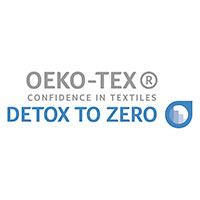 Oeko-Tex Detox to Zero
Oeko-Tex Detox to Zero
Based on the Detox campaign launched by Greenpeace in 2011 (and mothballed in 2019), this tool aims to exclude the 13 potentially hazardous chemicals from textile...
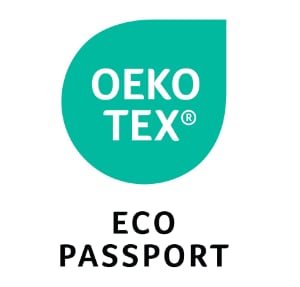 Oeko-Tex Eco Passport
Oeko-Tex Eco Passport
The ‘Eco Passport’ by Oeko-Tex is an independent certification system for chemicals, colourants and auxiliaries used in the textile and leather industry. It is...
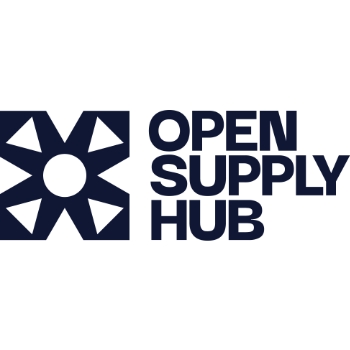 Open Supply Hub
Open Supply Hub
The Open Supply Hub, formerly the Apparel Registry (OAR) until 2022, is a free-to-use online platform that maps consumer goods t manufacturing facilities around the...
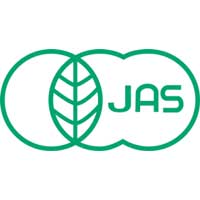 Organic Japanese Agricultural Standard
Organic Japanese Agricultural Standard
The production and processing of organic textiles sold on the Japanese market is regulated in the Japanese Agriculture Standard (JAS). These certified goods are...
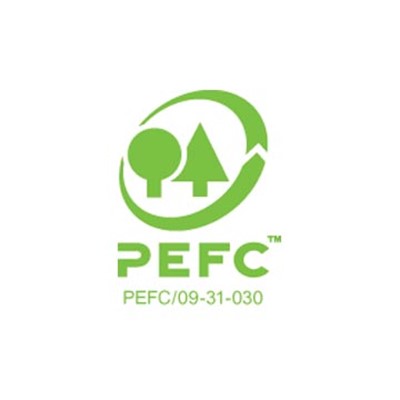 PEFC
PEFC
The Programme for the Endorsement of Forest Certification (PEFC) provides assurances that forests are managed in line with international environmental requirements,...
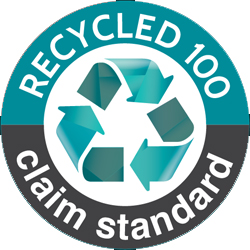 Recycled Claim Standard
Recycled Claim Standard
The Recycled Claim Standard (RCS) is a voluntary standard that tracks recycled raw materials through the supply chain to give credibility to recycled content claims on products.
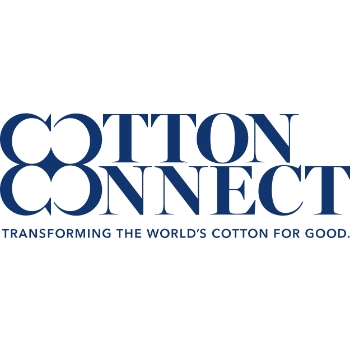 REEL Cotton
REEL Cotton
REEL Cotton is a traceable sustainable agriculture program run by CottonConnect that promotes environmentally friendly and socially responsible cotton farming.
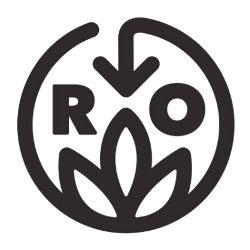 Regenerative Organic Certified
Regenerative Organic Certified
Regenerative Organic Certified was established in 2017 by a group of farmers, business leaders, and experts in soil health, animal welfare, and social fairness...
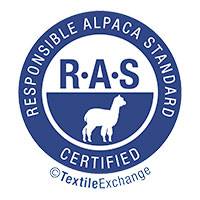 Responsible Alpaca Standard
Responsible Alpaca Standard
The Responsible Alpaca Standard (RAS) is an international, voluntary standard that ensures alpaca wool is responsibly sourced from farmers with high animal welfare standards.
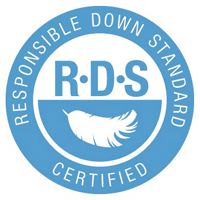 Responsible Down Standard
Responsible Down Standard
This standard focuses on compliance with local legal animal welfare regulations and aims to ensure that the Responsible Down Standard (RDS) does not come from farms that...
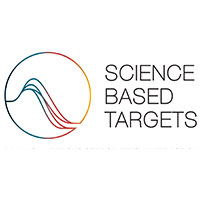 Science Based Targets Initiative
Science Based Targets Initiative
The Science Based Targets Initiative (SBTi) originally aimed to secure commitments from large companies to set science-based targets to reduce carbon emissions. In May...
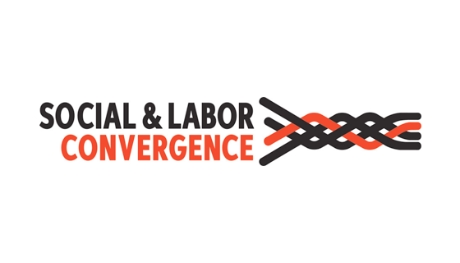 Social & Labor Convergence Program
Social & Labor Convergence Program
The Social & Labor Convergence Program provides the tools to capture accurate data about working conditions in global supply chains. This multi-stakeholder...
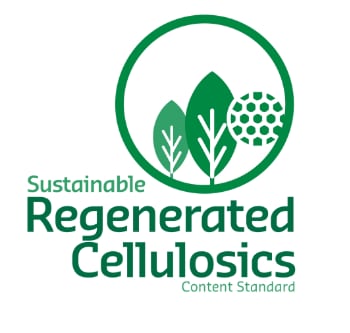 Sustainable Regenerated Cellulosics
Sustainable Regenerated Cellulosics
The Sustainable Regenerated Cellulosics Content Standard (SRCCS) formerly known as the Sustainable Viscose Chain of Custody Standard (SVCOC), was initially created by...
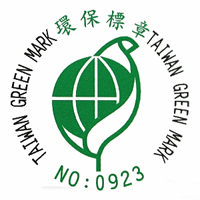 Taiwan Green Mark
Taiwan Green Mark
The Green Mark Program was launched in 1992 by Taiwan’s Environmental Protection Administration as a voluntary eco-labelling program and published its latest revision in December 2013.
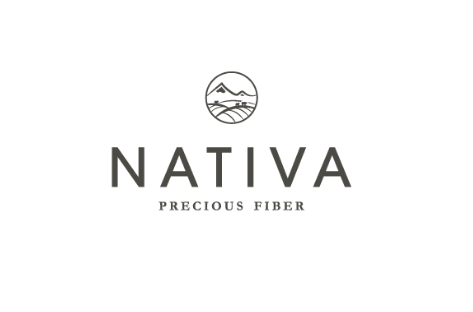 The Nativa Label
The Nativa Label
A label of the Chargeurs Group, Nativa sets a standard for stakeholders within the merino sheep industry and supply chain to meet if they’re to demonstrate a...
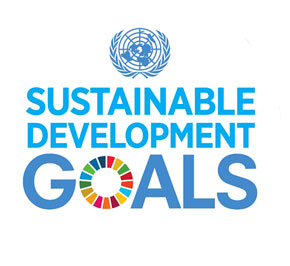 UN Sustainable Development Goals (SDGs)
UN Sustainable Development Goals (SDGs)
Launched in 2015, the UN Sustainable Development Goals (SDGs) are a universal set of goals, targets and indicators that UN member states will be expected to use to frame...
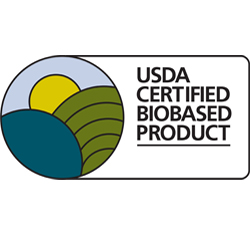 USDA BioPreferred
USDA BioPreferred
The United States Department of Agriculture administers the BioPreferred Program, which was created by the Farm Security and Rural Investment Act of 2002 (FSRIA or...
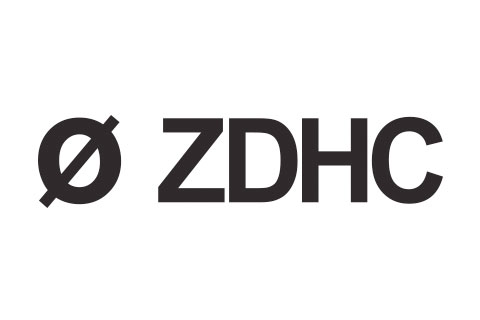 ZDHC - Chemical Gateway
ZDHC - Chemical Gateway
The ZDHC Gateway is a powerful tool and database designed to help eliminate harmful substances from global fashion and footwear supply chains.
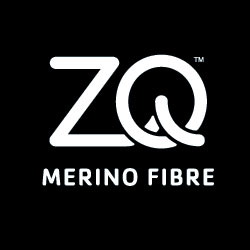 ZQ Merino
ZQ Merino
ZQ is a merino wool certification that looks at animal welfare and environmental standards. It has been developed and owned by The New Zealand Merino Company Ltd. ZQ is...


